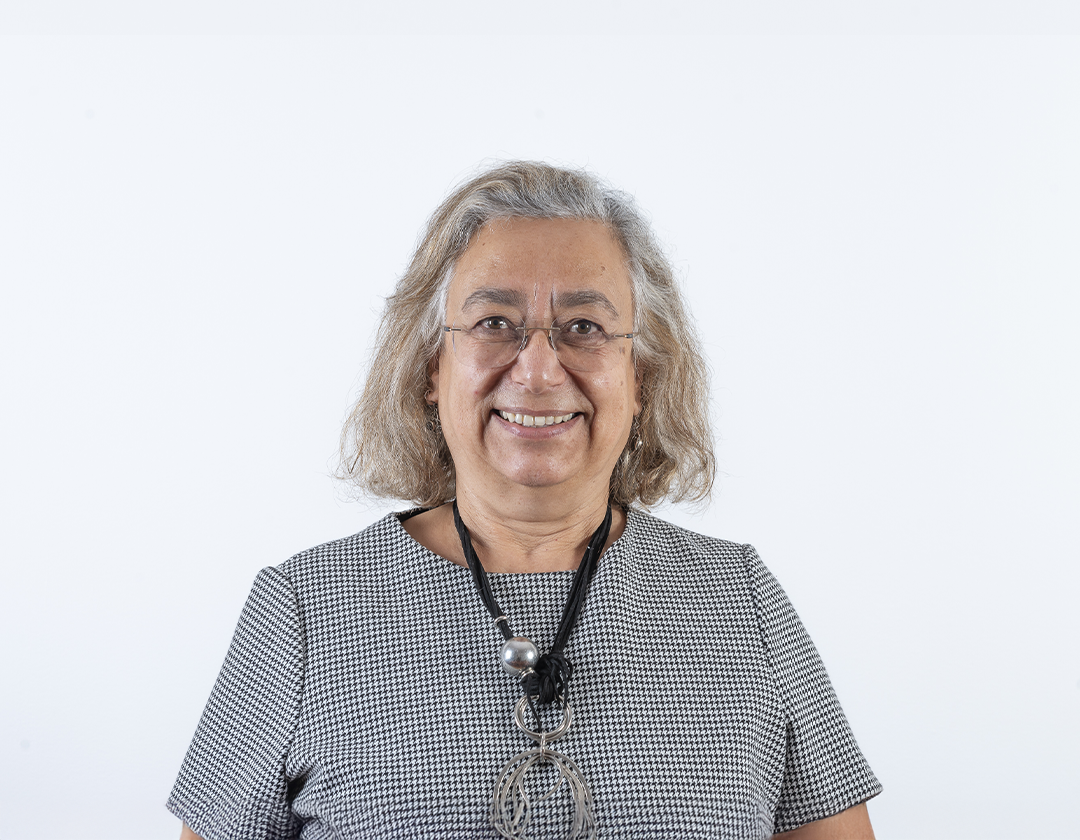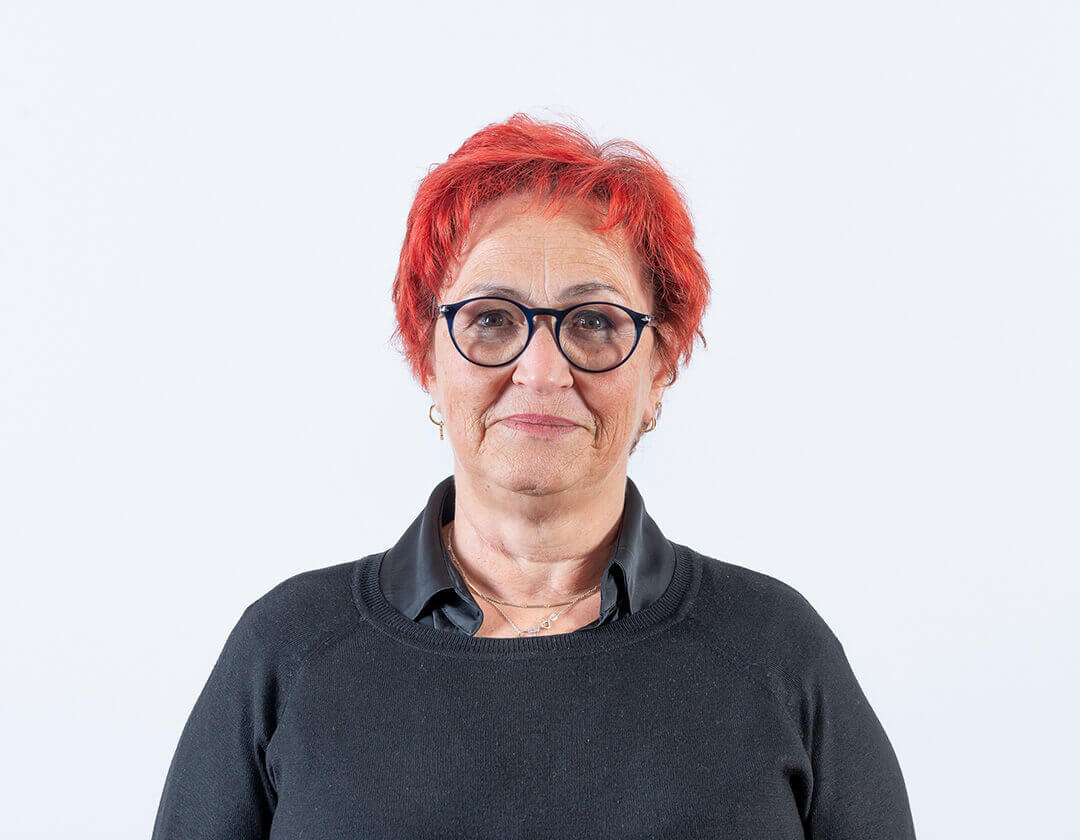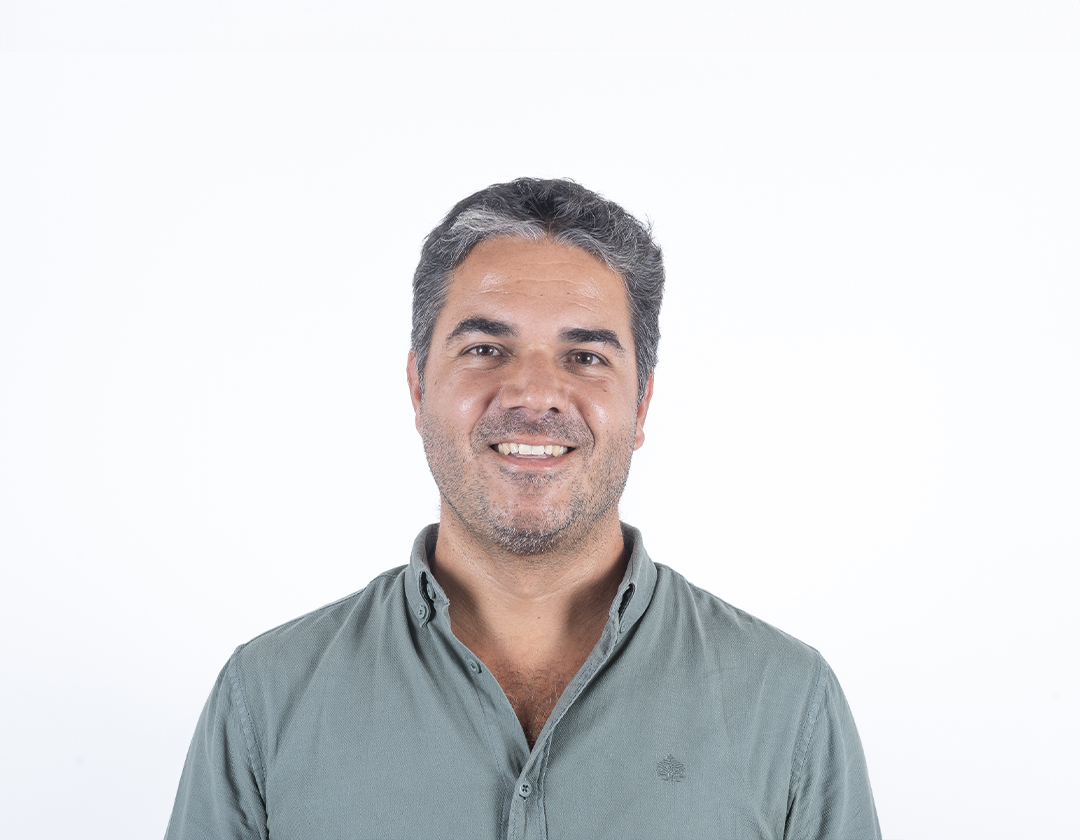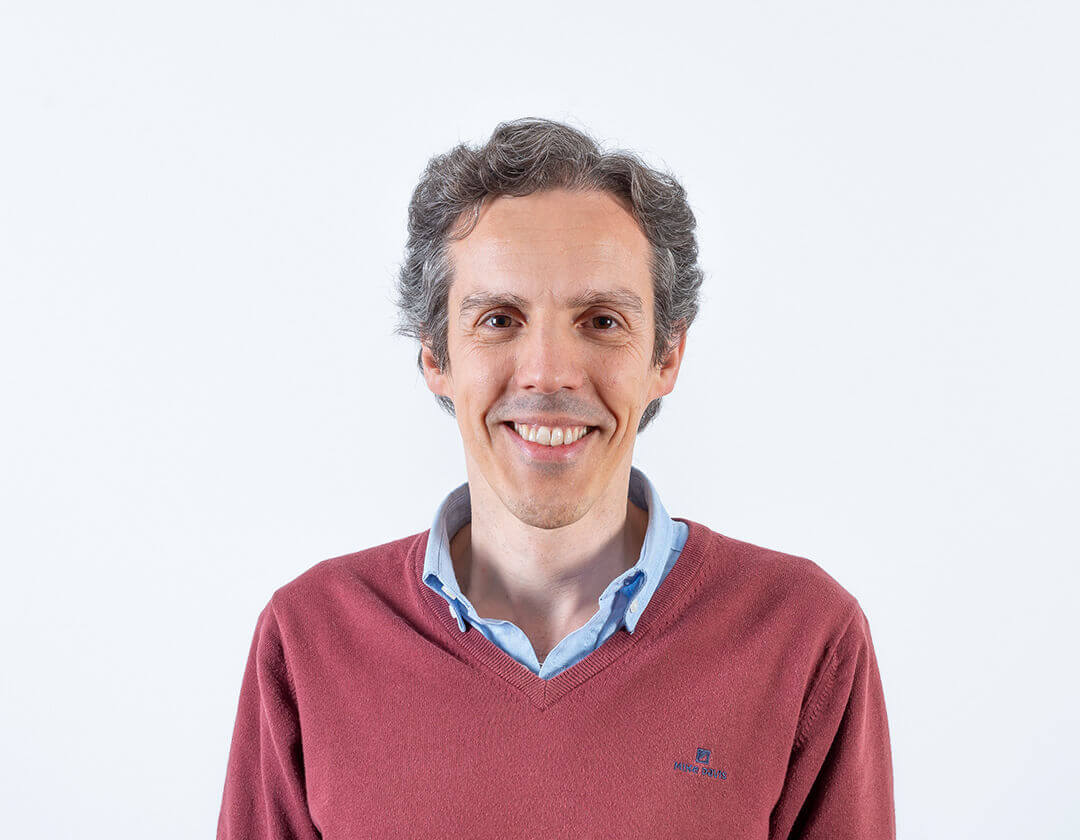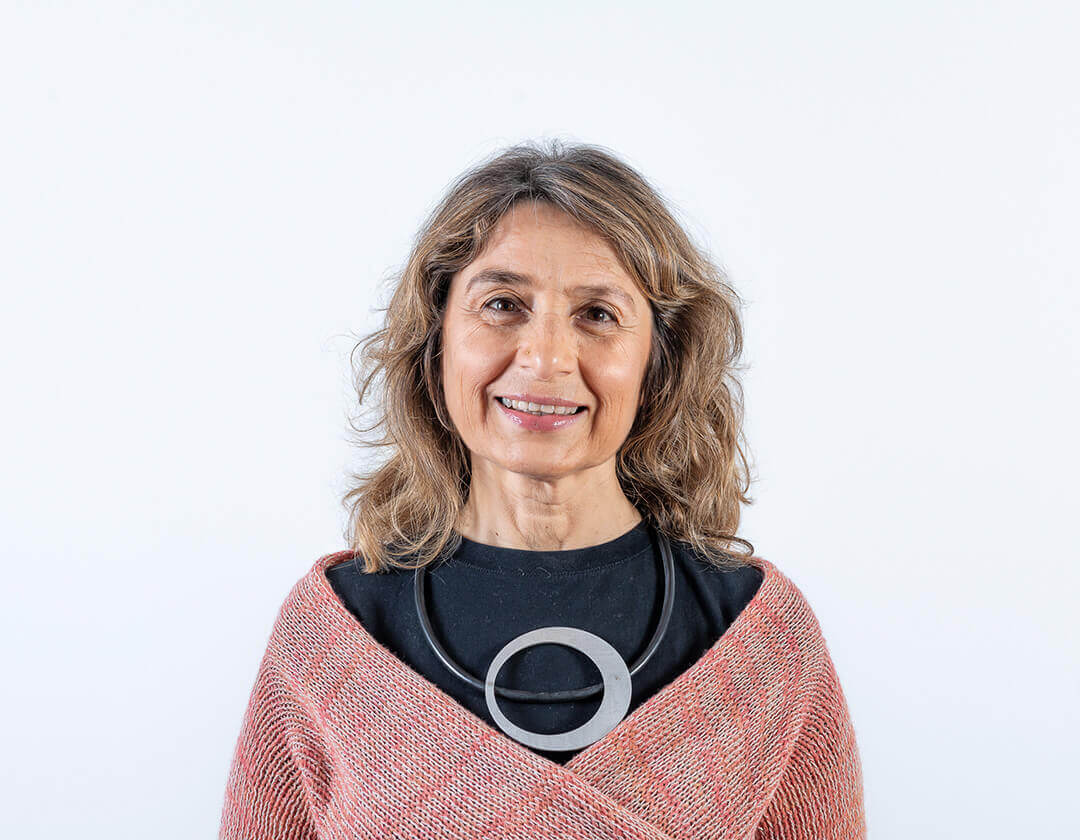
The degree
The Occupational Therapist assesses the person's occupational dimension to find out what they want/need to do and why they are not achieving it.
Teaching staff
Élia Silva Pinto
Head of Department Doctorate degree Occupational therapy
Cristina Vieira da Silva
Assistant Professor Specialist Title, Master's degree Occupational therapy
Isabel Ferreira
Assistant Professor Doctorate degree Occupational therapy
João Pedro Mira Cadima
Assistant Professor Specialist Title, Master's degree Occupational therapy
Nuno Manuel Moreira
Assistant Professor Specialist Title Occupational therapy
Sílvia Coelho Martins
Assistant Professor Specialist Title, Master's degree Occupational therapy
Élia Silva Pinto
Head of Department Doctorate degree Occupational therapy
Cristina Vieira da Silva
Assistant Professor Specialist Title, Master's degree Occupational therapy
Isabel Ferreira
Assistant Professor Doctorate degree Occupational therapy
João Pedro Mira Cadima
Assistant Professor Specialist Title, Master's degree Occupational therapy
Nuno Manuel Moreira
Assistant Professor Specialist Title Occupational therapy
Sílvia Coelho Martins
Assistant Professor Specialist Title, Master's degree Occupational therapy
Élia Silva Pinto
Head of Department Doctorate degree Occupational therapy
Cristina Vieira da Silva
Assistant Professor Specialist Title, Master's degree Occupational therapy
Isabel Ferreira
Assistant Professor Doctorate degree Occupational therapy
João Pedro Mira Cadima
Assistant Professor Specialist Title, Master's degree Occupational therapy
Nuno Manuel Moreira
Assistant Professor Specialist Title Occupational therapy
Sílvia Coelho Martins
Assistant Professor Specialist Title, Master's degree Occupational therapy
Accreditation
Higher Education Institution: Escola Superior De Saúde Do Alcoitão
Organic Unit: Escola Superior De Saúde Do Alcoitão
Process No.: ACEF/2021/0420397
Degree: Licenciado
ECTS: 240,0
Decision: Accredited
Number of Years of Accreditation: 6
Publication Date: 11-07-2022
Testimonials
Video testimonials
Occupational Therapy, with testimonies from Diana Ramos and Ana Rita Henriques

